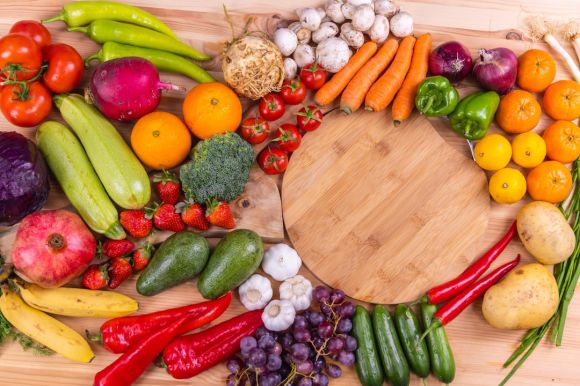Choosing a dietary lifestyle can be a challenging decision, especially with the abundance of options available today. Two popular choices that often come up in the conversation are veganism and vegetarianism. Both diets are known for their focus on plant-based foods, but they differ in their approach to animal products. In this article, we will explore the key differences between vegan and vegetarian diets, as well as the factors to consider when deciding which one is right for you.
Understanding Veganism and Vegetarianism
Before delving into the differences, let’s define what veganism and vegetarianism entail.
Veganism is a dietary lifestyle that excludes all animal products, including meat, poultry, fish, dairy, eggs, and even honey. Vegans primarily rely on plant-based foods such as fruits, vegetables, legumes, grains, nuts, and seeds. In addition to dietary choices, veganism extends beyond food to exclude other animal-derived products like leather, fur, and cosmetics tested on animals.
On the other hand, vegetarianism is a dietary lifestyle that eliminates meat and fish but includes animal by-products like dairy, eggs, and honey. There are different types of vegetarians, ranging from lacto-ovo vegetarians (who consume dairy and eggs) to lacto-vegetarians (who consume dairy but not eggs) and ovo-vegetarians (who consume eggs but not dairy). Some vegetarians may also choose to avoid certain animal by-products, like gelatin or rennet.
Nutritional Considerations
When deciding between veganism and vegetarianism, it’s important to consider the nutritional aspects of each diet.
Vegan diets tend to be rich in fiber, vitamins, minerals, and antioxidants due to the emphasis on whole plant-based foods. However, vegans need to be mindful of potential nutrient deficiencies, especially in vitamin B12, iron, calcium, and omega-3 fatty acids. These nutrients can be obtained through fortified foods or supplements.
On the other hand, vegetarian diets that include dairy and eggs can provide adequate amounts of most essential nutrients. Dairy products are a good source of calcium and vitamin D, while eggs are rich in protein and essential vitamins. However, vegetarians should still pay attention to their intake of iron, vitamin B12, and omega-3 fatty acids, as these nutrients are more commonly found in animal-based foods.
Ethical and Environmental Considerations
For many individuals, the decision to adopt a vegan or vegetarian lifestyle goes beyond personal health and extends to ethical and environmental concerns.
Veganism is often motivated by a desire to reduce animal suffering and exploitation. By eliminating all animal products, vegans aim to promote a more compassionate world for animals. Additionally, vegan diets have a lower carbon footprint since animal agriculture is a significant contributor to greenhouse gas emissions.
Vegetarianism, while still promoting a reduction in animal consumption, may be driven by different ethical considerations. Some vegetarians choose this lifestyle for health reasons, religious beliefs, or a desire to support more sustainable agricultural practices. By excluding meat but still consuming animal by-products, vegetarians can make a positive impact while maintaining a more flexible approach.
Finding Your Ideal Dietary Lifestyle
Deciding between veganism and vegetarianism ultimately depends on your personal values, health needs, and lifestyle preferences. Consider the following factors when making your decision:
1. Ethics: Reflect on your beliefs regarding animal rights and the exploitation of animals. If you feel strongly about eliminating all animal products, veganism may align better with your values.
2. Nutritional Needs: Assess your current nutrient intake and any potential deficiencies. If you are concerned about meeting certain nutrient requirements without consuming animal by-products, a vegetarian diet that includes dairy and/or eggs may be more suitable.
3. Sustainability: Take into account the environmental impact of your dietary choices. If reducing your carbon footprint and minimizing the exploitation of natural resources are important to you, veganism may be the way to go.
Ultimately, the choice between veganism and vegetarianism is a personal one. It’s essential to listen to your body, consult with a healthcare professional or registered dietitian, and make a decision that aligns with your values and supports your overall well-being.
In conclusion, both veganism and vegetarianism offer viable dietary options for those looking to adopt a plant-based lifestyle. By understanding the differences between these two diets and considering your personal values and health needs, you can make an informed decision about which one is right for you. Whether you choose to go vegan or vegetarian, both choices contribute to a more sustainable and compassionate world.





